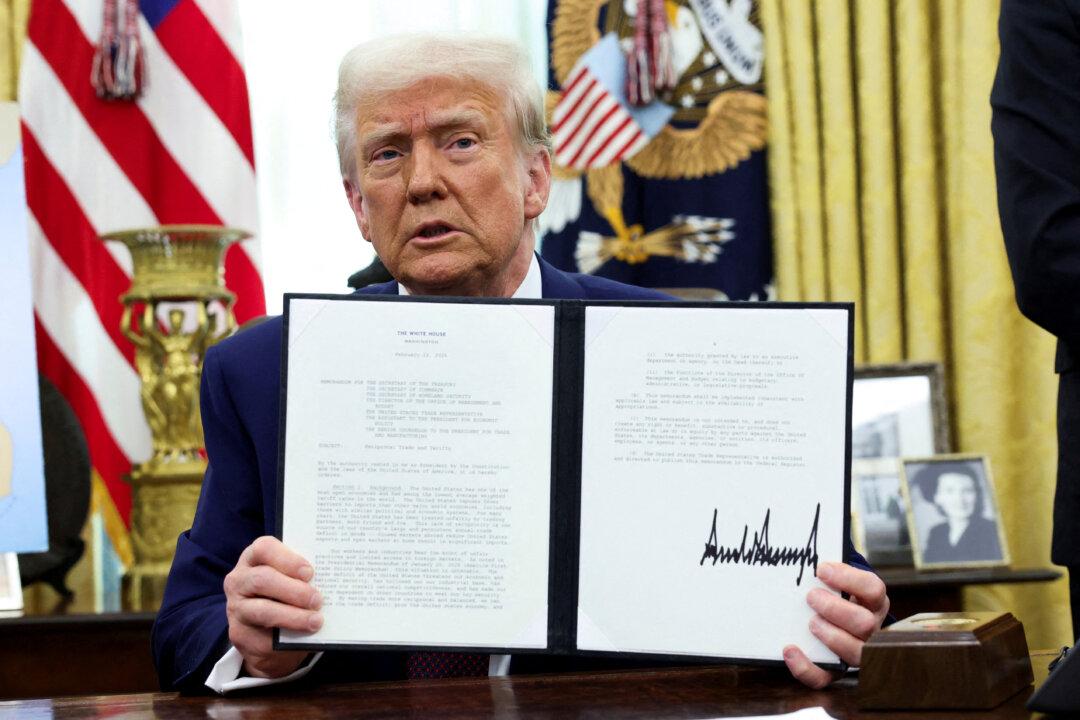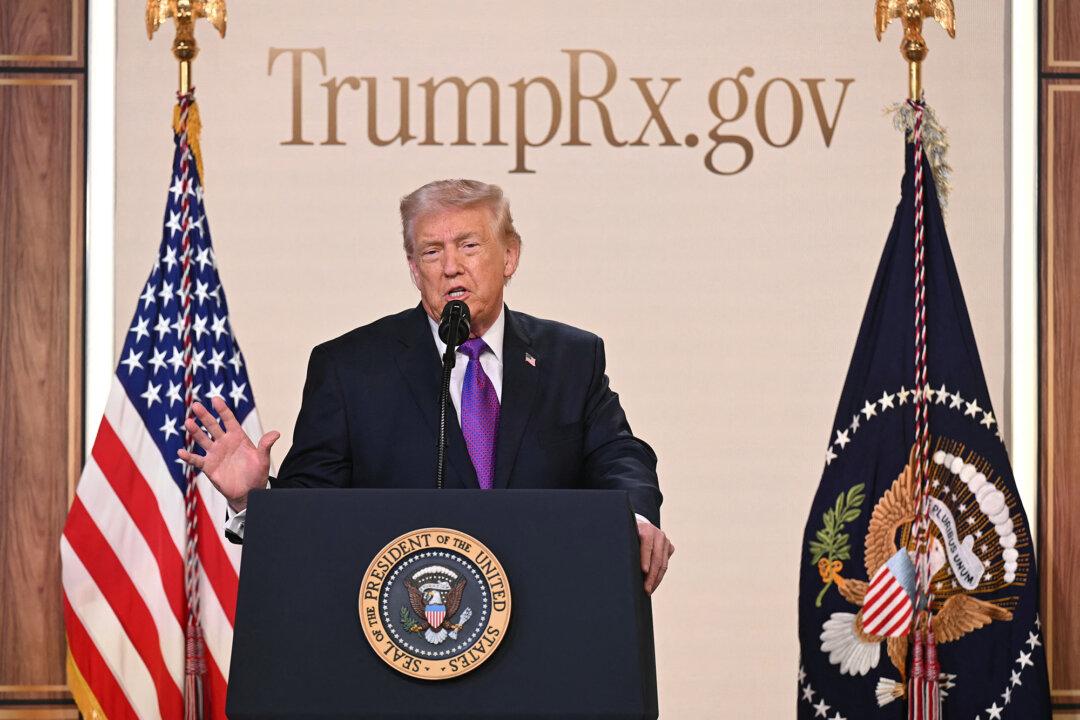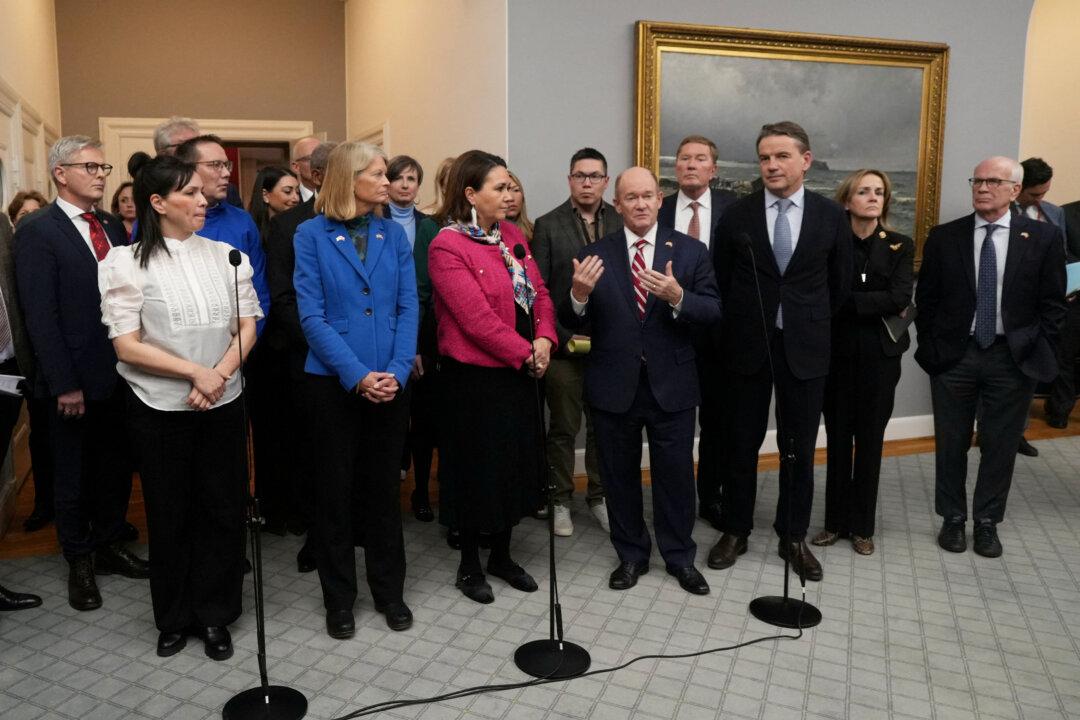U.S. President Donald Trump has ordered the development of a plan to enact retaliatory global import taxes on all trading partners, which has the potential to shape the world’s economy.
On Feb. 13, Trump signed an executive order that would task a team to analyse each country whose trade practices are unfair to the United States and retaliate in kind to “level the playing field.”
“For many years, the U.S. has been treated unfairly by other countries, both friend and foe. This system will immediately bring fairness and prosperity back into the previously complex and unfair system of trade,” Trump said at the signing.
Trump highlighted BRICS nations as likely targets for high import taxes as well as the EU’s VAT.
Although the plan is set to go into effect in April, the wheels have already been set in motion.
On Feb. 11, Trump imposed a 25 percent import tax on all steel and aluminium entering the United States.
This is in addition to 10 percent import taxes already placed on China recently to address the problem of fentanyl entering the United States.
European Commission President Ursula von der Leyen issued a statement on Feb. 11, saying they would answer with “firm and proportionate countermeasures.”
This comes as part of Trump’s “America First” policy, protecting domestic industries rather than relying on other countries, boosting manufacturing jobs, and protecting America’s national security interests.
Some of the biggest exporters of steel and aluminium to the United States are Canada and Mexico.
Trump had previously said he would be placing import taxes on the two countries as they weren’t committing their fair share in addressing the problem of illegal immigration and drug trafficking coming into the country.
Mexico, in response to a 30-day reprieve, had recently sent 10,000 troops to the U.S.–Mexico border to patrol for illegal immigrants.
These tariffs are set to come into effect on March 12.
Encounters with illegal immigrants hit a record high in September 2023 during the Biden administration, but then slowed by the end of the year.
On Feb. 2, Tom Homan, Trump’s border czar, said that there has been a 93 percent drop in border encounters since Trump was inaugurated on Jan. 20.
Trump had imposed similar import taxes during his first term: 25 percent on steel and 10 percent on aluminium from most countries, citing national security concerns. Some key trading partners were later exempted: Argentina, Australia, Brazil, Canada, Japan, Mexico, South Korea, the EU, Ukraine, and the UK.
In its executive order, the White House blamed these exemptions for creating loopholes that countries like China took advantage of.






